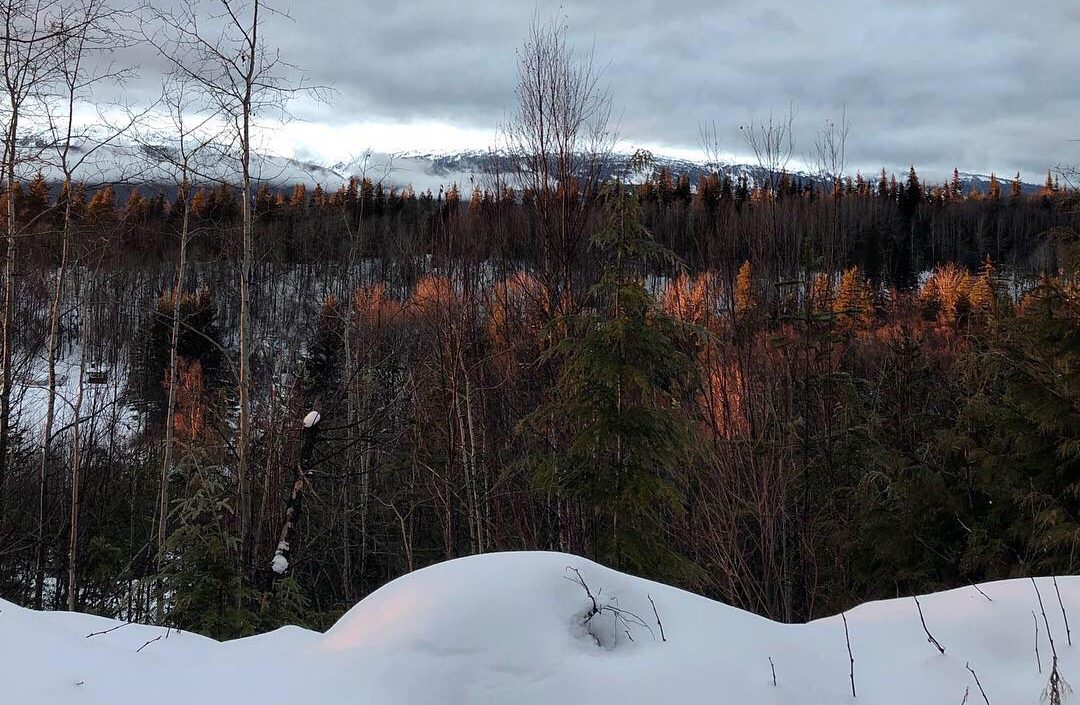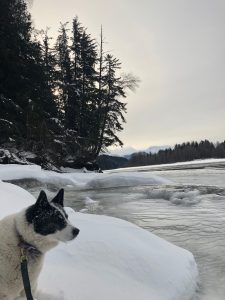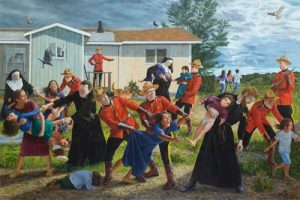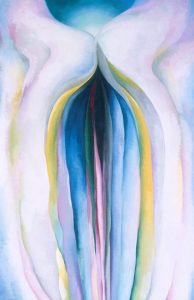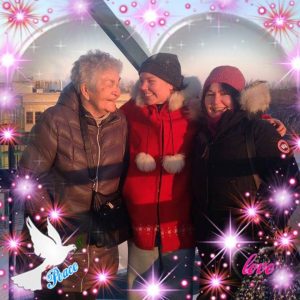Thank you.
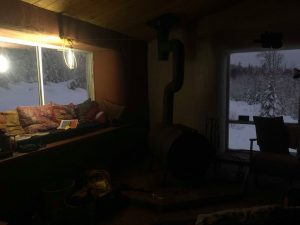
My reading nook. Today, I am reading Tanya Talaga’s Massey Lecture – All Our Relations: Finding The Path Forward, which draws on King’s Massey Lecture
It was a gift and a privilege to read your reflections on home. They spurred big appreciation for all of you and your willingness to share your writing and hearts through this course!
Home happens when we remember we are loved and cared for; when we see ourselves loving and caring, is where I settled after reading your posts and further reflecting on my own.
Here are some lists I wrote about what I feel we share and some quotes I collected from yours posts-
to note: the categories aren’t quite right… many of the points could be in all the categories… and I fear that regarding your heartfelt stories and memories as assumptions is unfair…
Shared assumptions
“There’s a place I call Home, and it moves, it moves within me, behind me, and beyond me.” – There’s a place called home and it moves, Kirsten Boyd
“Home, and the idea of home, is fluid. Your home changes. What you need from a home changes as you go through different periods of your life.” – To home and back, Marianne Brownie
Home is connected to place, but can’t be found in one specific place forever
Home is an uncertainty – it is hard to place, hard to define
Home is a feeling
Home matters – home offers a sense of significance
Shared stories
“Each week [of Shabbat] was distinct and full of its own flavour but the theme that always ran through was the idea of sharing a moment of rest together and an honouring of the week that had passed.” – Home, Laen Hershler
“Home is a place of worship.” – Home is where my heart is, Simran Chalhotra
Home is tradition, ceremony, spiritual practice and growth
Home is a yearning
Shared values
“Home is relationships, the kind where you take a big, deep breath and relax, and don’t stress about what to say or how to act” – I’m not meant to live alone, turn this house into a home, Rachel Teasdale
“All of us immigrants are colonizers to Canada on our own. I found out that assimilating into a culture that is created from immigrants a bit odd, yet I did anyway because I wanted to fit in and belong” – Feels like home, Kynan Pereira
“Mr. Jassar always gave me extra because he knew I loved the apricots so much. It is this connection to the people back home that makes me feel like I belong there.” – This feels like home, Sean Dyer
“My sense of home is constructed by geography, culture, economy and generations of family history living in Canada: as a mixed-race child.” – Home, Alexis Long
Home is belonging, or at least searching for it
Home is safety and security
Home is familiarity
Home is family
Home is relational
Home is embedded in language, culture, land, and sometimes nationhood
Home is connection
Home is a sense of ease
Home is shaped by place, people, politics, socio-economic status, nationhood, borders, diaspora…
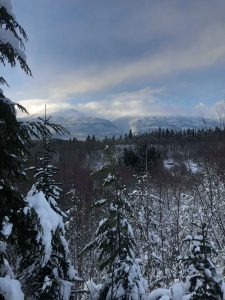
Nisga’a lands where I am finding home (my cabin is centre-right).
Home is sacred
To leave, I’d like to share this song, Homeland by Snotty Nose Rez Kids ft. Mob Bounce. The Snotty Nose Rez Kids are a Haisla hip hop duo who make music to uplift Indigenous youth, grow community, and to raise up their own decolonial stories and histories. This particular song was part of an album called The Tiny House Warriors: Our Land is Home which was created to gain support and gather funds to stop Kinder Morgan’s Transmountain pipeline.
Works Cited
Boyd, Kirsten. “There’s a place called home and it moves.” January 27, 2019. https://blogs.ubc.ca/kirstenboyd/2019/01/27/theres-a-place-i-call-home-and-it-moves/
Brownie, Marianne. “To home and back.” January 27, 2019. https://blogs.ubc.ca/marianneengl470/2019/01/27/to-home-and-back/
Chalhotra, Simran. “Home is where my heart is.” January 27, 2019. https://blogs.ubc.ca/simranchalhotra/2019/01/27/29/
Dyer, Sean. “This feels like home.” January 27, 2019. https://blogs.ubc.ca/seanlitblog/2019/01/30/this-feels-like-home/
Hershler, Laen. “HOME.” January 27, 2019. https://blogs.ubc.ca/hershlereng470/2019/01/27/home/
Long, Alexis. “Home.” January 27, 2019. https://blogs.ubc.ca/alexis470/2019/01/28/blog-2-2-home/
Pereira, Kynan. “Feels like home.” January 28, 2019. https://blogs.ubc.ca/engl470kynanpereira/2019/01/28/feels-like-home/
Teasdale, Rachel. “I’m not meant to live alone, turn this house into a home.” January 27, 2019. https://blogs.ubc.ca/rachelteasdale/2019/01/28/im-not-meant-to-live-alone-turn-this-house-into-a-home/
